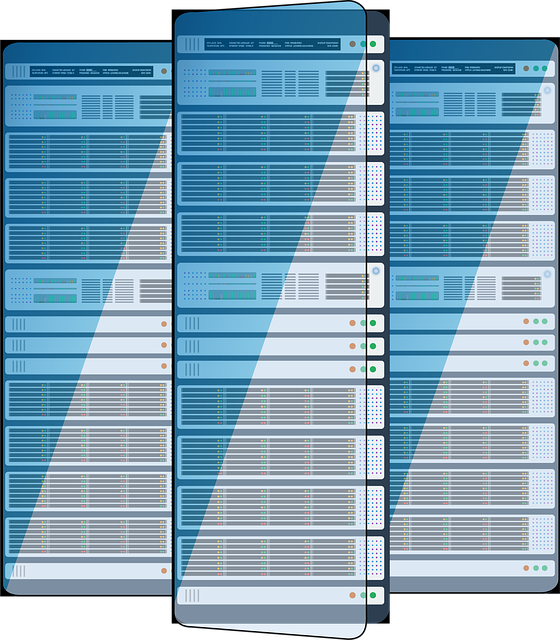Last update at :2024-02-10,Edit by888u
After BBR came out some time ago, many people have tried it. Some people think it has better acceleration effect than Ruisu, and some think it is not as good as Ruisu. In short, the acceleration effect is affected by different factors.
Because BBR is a function integrated in the kernel, uninstalling BBR = replacing the kernel, but many people don’t know how to replace it. They usually reinstall the system directly to return to the kernel version that supports the installation of Ruisu. Today Let me share how to downgrade the kernel of an existing system.
Test environment
Debian 7 x64 and Ubuntu 14.04 systems, the current kernel is v4.10.1 (the latest stable version of the kernel that supports BBR) and the test has passed. Debian 8 has not been tested yet (it should be similar).
As for other systems, the steps are completely different, so no testing is done.
OpenVZ does not support kernel replacement, Ruisu and BBR, so please do not try the following steps, otherwise you will be responsible for the consequences!
Debian preparations (Ubuntu please skip)
Add package source and update package list
echo -e "\ndeb http://ftp.debian.org/debian/ wheezy-backports main" >> /etc/apt/sources.list apt-get update
Install kernel
Query available core list
aptitude search linux-image | awk '{print $2}'
After executing the code, you can see many kernel versions. Debian 7 x64 system chooses linux-image-3.2.0-4-amd64 kernel. This kernel is used by most Debian 7 systems and perfectly supports Ruisu and LotServer. Ubuntu 14.04 chooses the linux-image-3.13.0-32-generic kernel.
Look here for the kernels supported by Ruisu: Portal
The only difference between Debian and Ubuntu is that the kernel name prompted here is slightly different from the command used to install the kernel below. Everything else is common!
# VPS prompt example/64 bit # # Debian 7 and 8 may be different, and the contents of 64-bit and 32-bit are also different. root@debian:~# aptitude search linux-image | awk '{print $2}' linux-image linux-image-2.6-amd64 linux-image-3.16.0-0.bpo.4-amd64 linux-image-3.16.0-0.bpo.4-amd64-dbg linux-image-3.2.0-4-amd64 linux-image-3.2.0-4-amd64-dbg linux-image-3.2.0-4-rt-amd64 linux-image-3.2.0-4-rt-amd64-dbg linux-image-4.10.1-041001-generic # Ubuntu 14.04 prompt content # ... linux-image-3.13.0-32-generic linux-image-3.13.0-32-generic:i386 linux-image-3.13.0-32-lowlatency linux-image-3.13.0-32-lowlatency ... # I’ve omitted the redundant stuff, it doesn’t make much sense to write it out #
Debian installation kernel
# Example # apt-get -t wheezy-backports install linux-image-3.2.0-4-amd64 -y # Example #
Ubuntu installation kernel
# Example # apt-get install linux-image-3.13.0-32-generic -y # Example #
Uninstall kernel
View all cores of the current system
dpkg -l|grep linux-image | awk '{print $2}' # VPS prompt example/64 bit # # Debian 7 and 8 may be different, and the contents of 64-bit and 32-bit are also different. root@debian:~# dpkg -l|grep linux-image | awk '{print $2}' linux-image-3.2.0-4-amd64 linux-image-4.10.1-041001-generic # Ubuntu 14.04 prompt content # linux-image-3.13.0-32-generic linux-image-4.10.1-041001-generic
Uninstall the remaining kernels
apt-get purge remaining kernel names -y
As you can see from the above example, in addition to the linux-image-3.2.0-4-amd64 kernel just installed, there is still another kernel linux-image-4.10.1-041001-generic. We need to uninstall this Kernel:
#Example # apt-get purge linux-image-4.10.1-041001-generic -y #Example #
Final work
Close BBR (if any)
sed -i '/net\.core\.default_qdisc=fq/d' /etc/sysctl.conf && sed -i '/net\.ipv4\.tcp_congestion_control=bbr/d' /etc/sysctl.conf sysctl -p # Clear the BBR startup code and save it. No information will be prompted when executing.
Update grub system boot file and restart VPS
update-grub # reboot is to restart the server reboot
Recommended site searches: Hong Kong server rental, free proxy IP, virtual host rental, ftp space, broadband IP address query, website registration, which server protection is the best, foreign domain names, Korean cn2 servers, IP reverse check,








发表评论